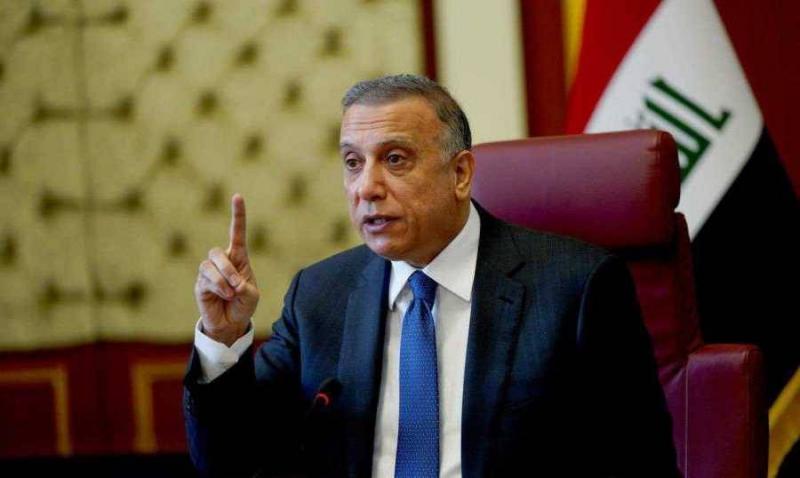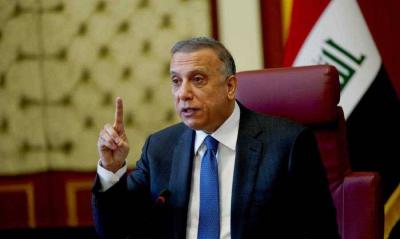Iraqi Prime Minister Mustafa Al-Kadhimi has placed the political class before its historical responsibilities, transforming his call for dialogue into a practical initiative. This initiative could potentially create a breach in the wall of political stalemate that has plagued the political process since the parliamentary elections held last October. However, this modest breach requires collective effort to expand and truly become a window that enables the participants to achieve the general objectives discussed at the dialogue table.
It is evident that the absence of the Sadrist movement from the meeting was not a maneuver; they remain committed to their high demands that surpass the modest outcomes of the first session and its recommendations. Thus, it appears that any side consultations that could take place with Al-Sadr will be met with difficult demands, returning the matter to the field of his political rivals, effectively separating them from the Prime Minister.
The first session produced only one key point that could lay the groundwork for a roadmap to help escape from the deadlock, provided everyone agrees that early legislative elections could be a way out of the crisis. The final statement issued after the meeting last Wednesday clearly confirmed this exit, stating that “turning once again to the ballot boxes through early elections is not an exceptional event in the history of democratic experiences when political crises reach dead ends.”
The decision for early elections is not without its devilish details, which could take a long time to resolve. If the political class does not make constructive concessions, starting with an agreement on a new electoral law that reflects the reality of representation and considers the political and social transformations that have occurred in Iraq since the “October Uprising,” it risks leading to further voter disillusionment. This requires guarantees from the political class that the government must implement through an independent electoral authority that is truly neutral and committed to conducting fair elections.
Thus, Prime Minister Mustafa Al-Kadhimi faces new challenges. In his role as facilitator of the dialogue and guarantor of the implementation of what will be agreed upon, he is more than ever demanded to maintain the neutrality of the state and its institutions while expanding the scope of participation in the dialogue to include more than just the established powers. In this complex stage that Iraq is undergoing, where its national fabric is at risk of disintegration, the need arises to form a critical mass of independent political actors, thinkers, and reformist economists who represent the large national segment that has been marginalized for 19 years, allowing them to participate as key players in political life, overseeing a significant transformation in the state and society, and regulating the safe transition to a new phase.
Over the past 19 years, the Iraqi political class has adopted the worst aspects of the Lebanese model (the quota system), but Al-Kadhimi has the opportunity to draw on the experiences of Lebanese figures he has known closely, such as the late Hani Fahs and Samir Frangieh, who formed a critical mass known as the Permanent Conference for Dialogue at the end of the civil war. They succeeded, along with national elites, in achieving inter-communal reconciliation among the Lebanese groups and between political parties that engaged in a genuine review of the civil war experience, achieving relative success despite the harassment from Syrian occupation security forces and warlords.
Therefore, in the challenging Iraqi situation, conflict would be costly even for those betting on dominance. In a complex social nature where national, religious, sectarian, ideological, regional, tribal, and political elements intertwine, resorting to arms resembles a collective massacre whose repercussions would not cease until what remains of the state collapses, wasting whatever wealth exists. There is little difference between victor and vanquished except for the number of victims. This will lead to one of two outcomes: either Iraq as we have known it for over a century will come to an end, or the political process and its democracy will conclude at the hands of those who take the initiative to end the chaos.




